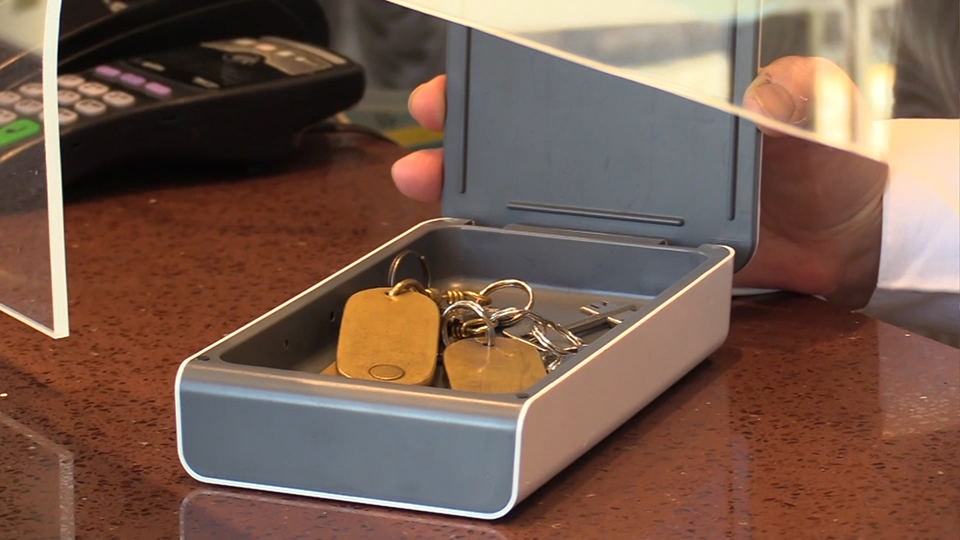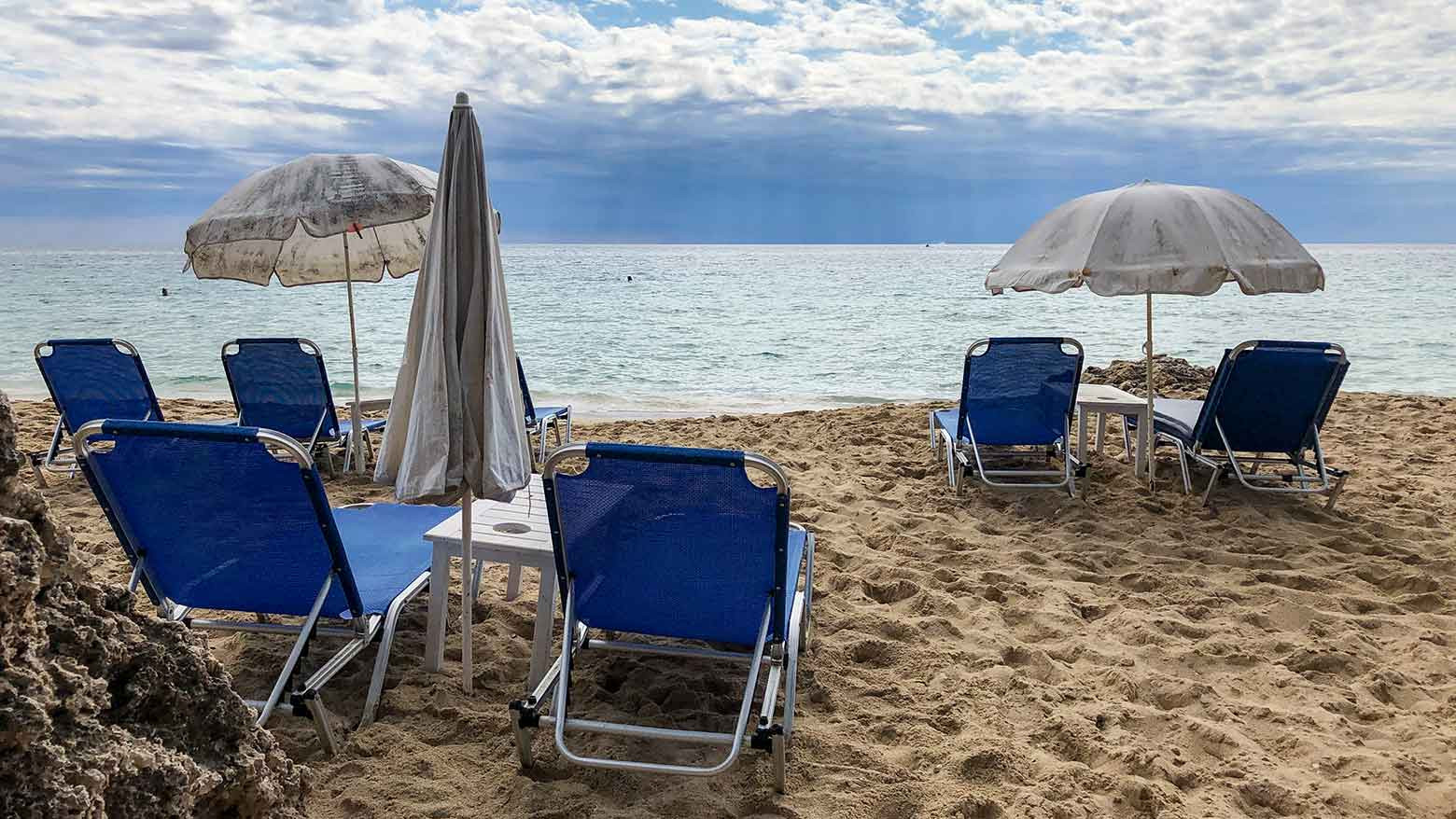The UK’s vaccination program has been progressing rapidly, with 95 percent of people over 50 in England already having had at least one shot. And so when the government announced at the end of February that international travel might be allowed again from May 17th, people rushed to book their vacations. The UK's biggest holiday firm, Tui, said reservations for overseas travel jumped 500 percent overnight.
Steve Hunt of Norfolk, eastern England, is one of those who already has his tickets. The 54-year-old is planning to head to Cyprus in October, and says there’s no reason to stay put now that he’s been vaccinated.
“The vaccine is peace of mind for me,” he says. “But also I think peace of mind for the people in the country that I’m going to be visiting.”

Since then, though, COVID-19 rates have spiked across Europe, and the government has announced that instead of lifting the ban completely, it will implement a “traffic light system”, placing destinations on green, amber or red lists according to risk level. The color would determine whether and where travelers must isolate upon returning to the UK.
But even if travel does resume, it would be unaffordable for many. A trip to Greece, for example, would require four covid tests, which would add an estimated £250 (around $345) to the cost of a holiday.
Senior travel industry officials in the UK are pessimistic about the short-term prospects, according to Sean Tipton, a spokesperson for travel trade association ABTA.
“They've been saying they don't expect booking levels to be back to where they were prior to the pandemic until about 2023,” Tipton says. But he adds that his view is more sanguine: “Maybe not so much for this year, but for next year, 2022, there's going to be an explosion in people.”
Expectations and anxiety
Konstantina Haritou says she’s already seeing signs of a revival. She runs the 20-room seafront Tourist Boutique Hotel on the Greek island of Kefalonia. Most of the island’s 35,000 population is involved directly or indirectly in the tourism industry. Almost 60 percent of the visitors in a typical year arrive from the UK.
Haritou’s business has been decimated by the pandemic, but she says bookings have been trickling in since mid-March. She’s now preparing to welcome guests back, and hopes to put them at ease by thoroughly disinfecting rooms and remote controls.

Reassuring her neighbors is a different matter, though. Some on the island are worried that a tourist influx could trigger an outbreak on an island that has reported fewer than 200 COVID-19 cases to date. There is just one hospital on Kefalonia, and larger facilities with the capacity to treat the coronavirus are a boat or helicopter ride away.
Aspasia Stamatelatou, a pensioner living on Kefalonia, is one of those concerned about the return of tourism. “Kefalonia is my little paradise on earth,” she says. “If there is an outbreak of COVID cases due to tourism, this would be a great problem for the island.”
Irini Matelatou, leader of the picturesque village of Karavados, echoes that concern. “If many tourists come and infections start to spread, the local hospital may not be able to handle the situation,” she says.
Greece has been slow to roll out its vaccination program. Only around 20 percent of the population has received shots. But tourism is so critical to the economy, accounting for more than 30 percent of GDP, that the government says it will start accepting travelers, even if the vaccination campaign is not complete. It has set May 14 as the official start date of tourist season, possibly just three days before the UK resumes international travel. And across Britain, antsy vacationers are ready to make the trip.


